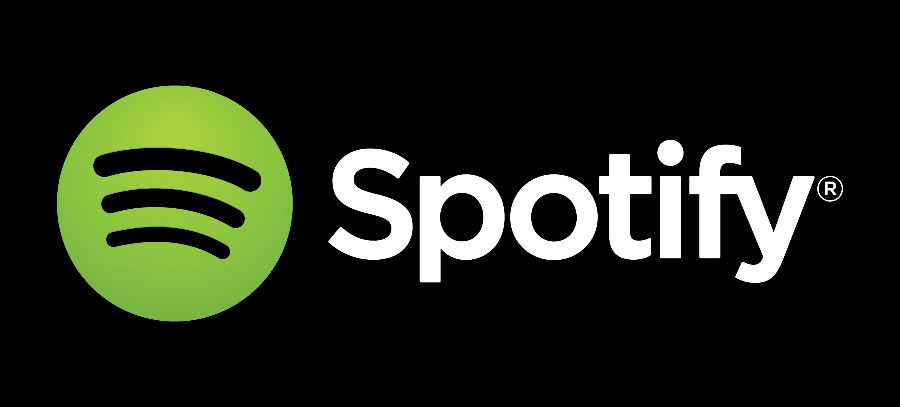As of Nov. 4, singer Taylor Swift has removed her music, some of the most streamed content of Spotify, off of the listening service.
In July, Swift commented in the Wall Street Journal that “music is art, and art is rare and valuable. Valuable things should be paid for.” After removing her catalogue from Spotify, she told Yahoo, “I’m not willing to contribute my life’s work to an experiment that I don’t feel fairly compensates the writers, producers, artists, and creators of this music.”
In today’s society, it has become very simple to acquire music online without paying for the content. People like music; people don’t like paying a lot for music; people find it for free. The progression seems simple enough.
“I listen to either Spotify or Pandora, and only if I want to listen to a song constantly I’ll download it on iTunes,” said freshman Jill Albertson. “I like listening for free on the streaming services if it’s not a song I want to keep forever.”
Many people download music off of YouTube videos or simply listen to the radio. Others utilize services like Grooveshark or The Pirate Bay, which illegally offer downloadable content for free. These methods of access don’t give any payment to artists, whereas Spotify pays royalties for every song it plays.
On Nov. 11, Spotify CEO Daniel Ek posted a rebuttal to allegations of unfair repayment to artists on the Spotify blog. He denied accusations by many big name artists that streaming takes value away from their work, citing the $2 billion Spotify has paid to the music industry since 2008 for the right to stream their music.
“Piracy is a really bad thing to do, and as a musician I feel for the artists who aren’t getting any money for their work,” said junior Shay Zalavadia. “Students don’t try to distribute free music for profit or anything, they just don’t have money and want it for personal use. That doesn’t excuse it, but it’s why it happens.”
Spotify describes their mission as one designed to “help fans find music and help artists connect with fans through a platform that protects them from piracy and pays them for their amazing work.” The service has over 50 million active users, including 12.5 million subscribers who pay $120 per year for an improved experience on the site.
“Big artists like Taylor Swift, she’s making a lot of money already,” said sophomore Elena McAdams. “But I think it would be better to take the royalties from Spotify streaming instead of trying to change the reality people pirating it if they really don’t want to pay.”












